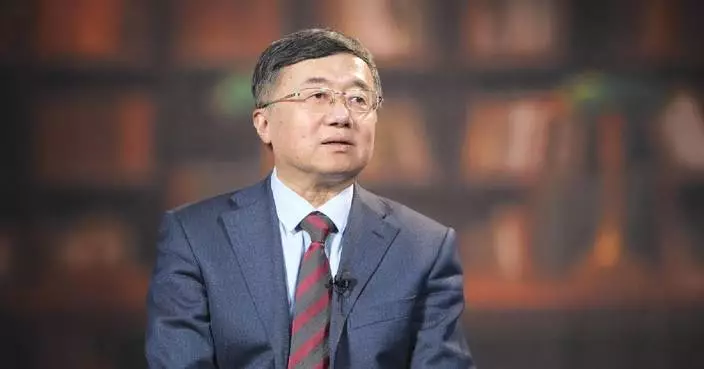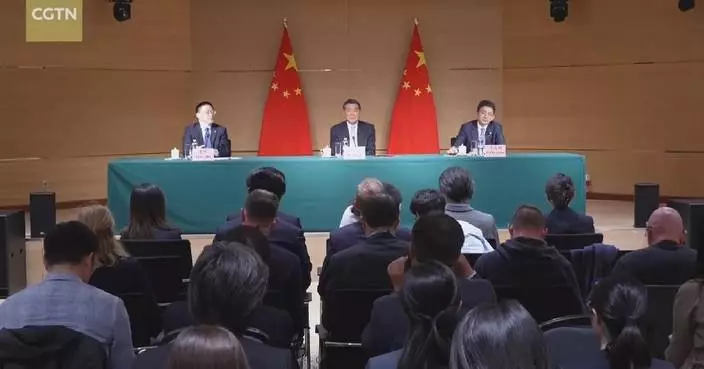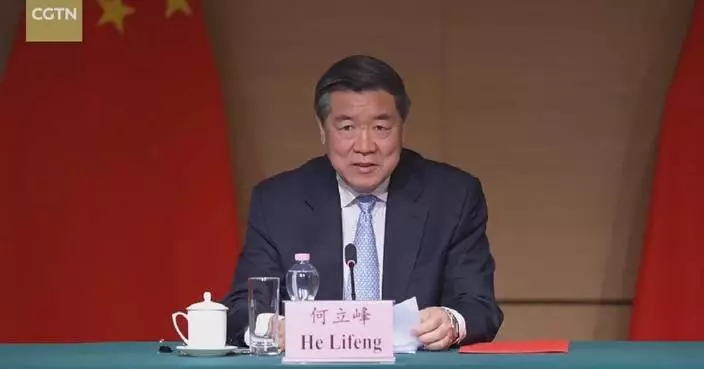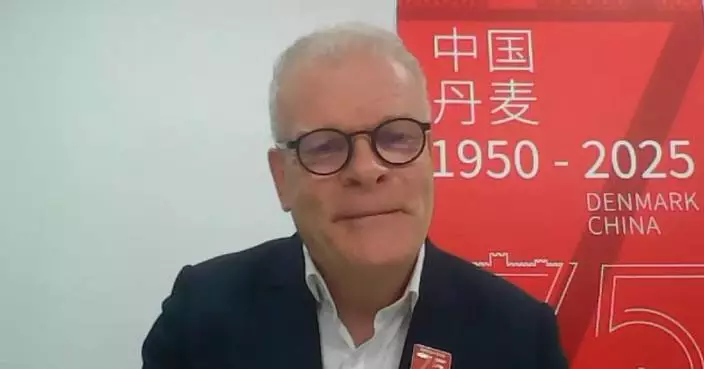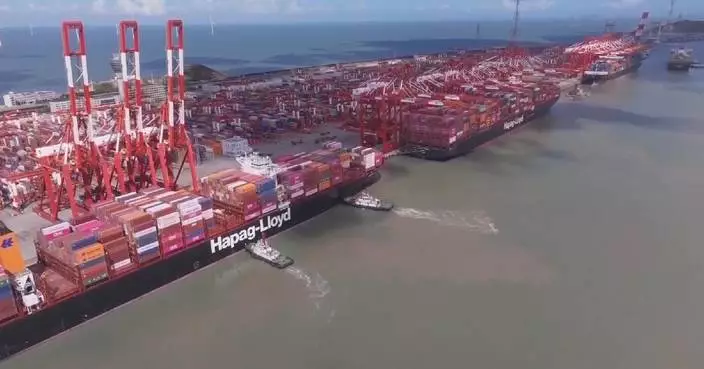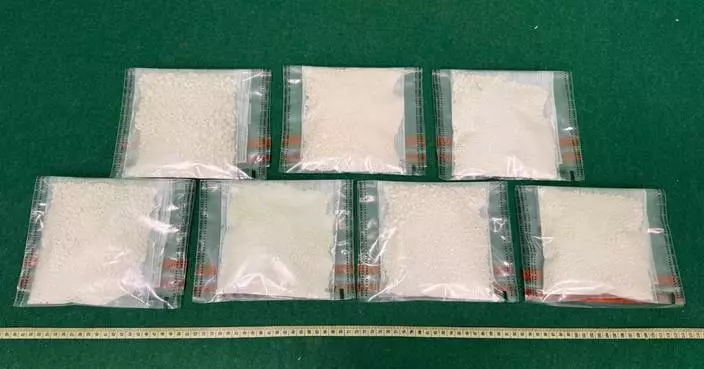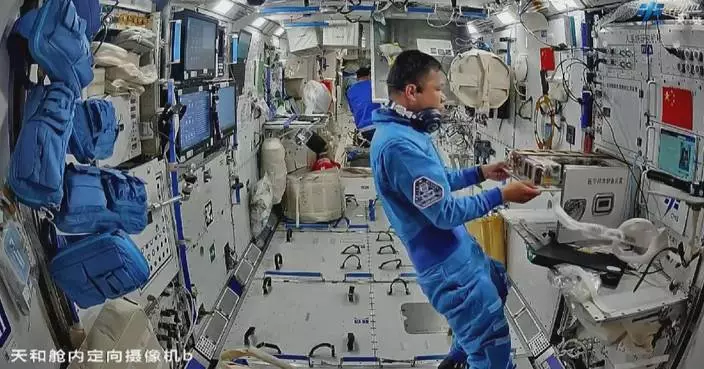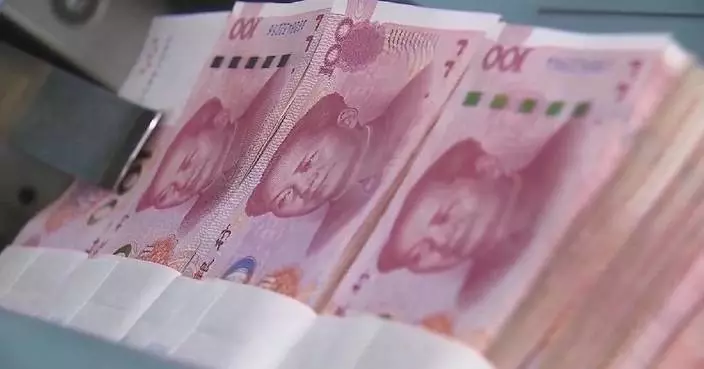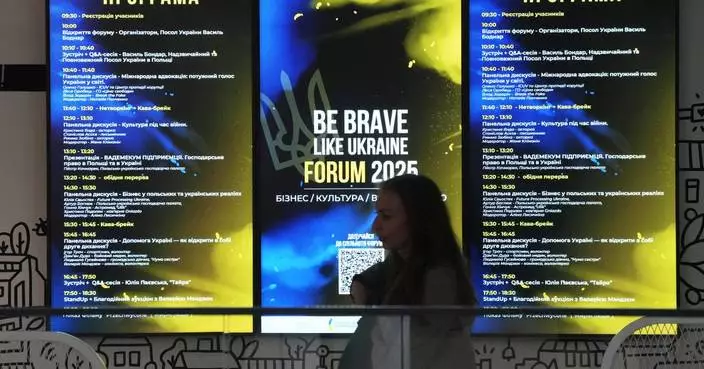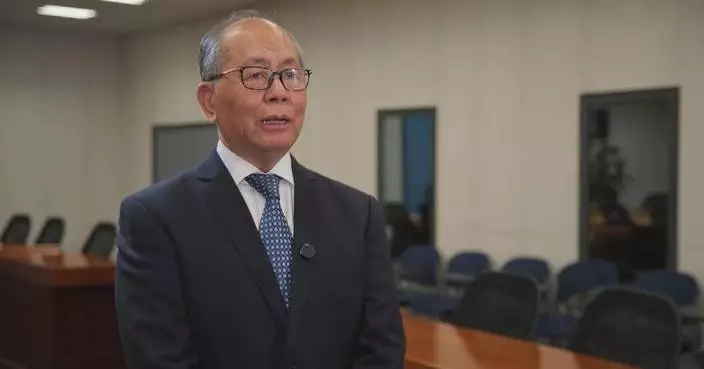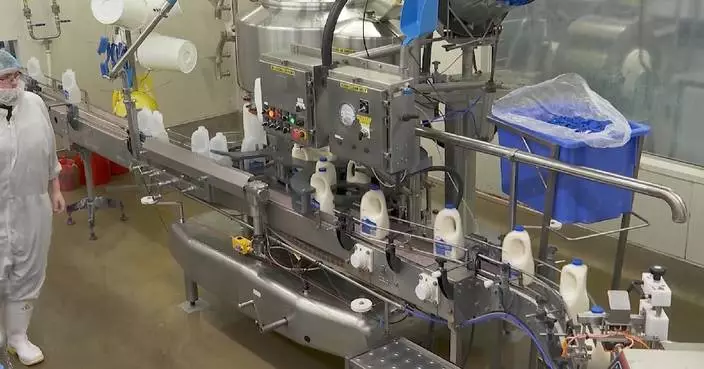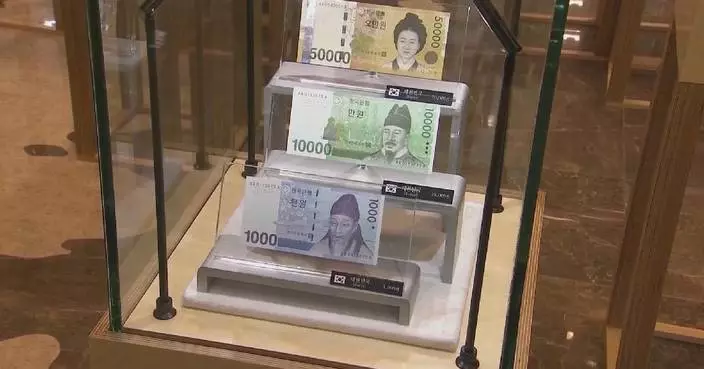The European Union (EU)'s anti-subsidy probe into Chinese electric vehicles keeps inviting opposition from the bloc's individual member states and leading to consumers' concern about potential price hikes for EVs and their countries' decarbonization goals.
Since the European Commission initiated its so-called anti-subsidy investigation into China's EVs on the grounds of "excessive industrial capacity" last October, European countries, including the EU's major economies, have remained divided over the move.
Hungary's Prime Minister Viktor Orban have stressed on multiple occasions that the decision is wrong and ill-conceived and could trigger a trade war. German Chancellor Olaf Scholz believes that this step could affect normal vehicle trade between China and Europe and deal a blow to global free trade. The Finnish Foreign Ministry has also issued statements saying that the country holds a skeptical stance on this issue as it is not in the interests of the EU.
The opposition from these EU member states is grounded in actual data which indicates the same, if not bigger, negative impact on European brands from higher tariffs than on Chinese ones.
According to the European Automobile Manufacturers' Association (ACEA), Chinese pure EVs held a 21.7-percent share of the European market last year, with Chinese brands making up only 7.6 percent, or a third of the market share, while European EVs imported from China accounted for the rest two thirds.
It means that should further tariffs on EVs imported from China become definitive, the EU's move will backfire on European brands, including the German automakers BMW, Mercedes and Volkswagen, which could face tariffs of 21.3 percent for cars they produce in China, as well as disrupt China-EU cooperation on relevant production and supply chains.
European industry players and public alike are concerned about the ramifications of the EU's protectionist move, believing that it hurts not only their own EV makers' profits, but also the consumers' interests, as findings from global consulting firm AlixPartners' survey this year showed that people from 43 percent of European countries are willing to purchase Chinese EVs.
Many European consumers believe that imposing additional tariffs on China's EVs will lead to higher prices in the market and impede their countries' push for carbon emissions reduction and green economic development.
"I think less people will buy because less people will be able to afford that cars, and it's unfair. It affects the economy, the cost of life and the standard of living," said Schakhlin, a Brussels resident.
"I don't really care whether it's from a Chinese company or a European company or an American company. I want a good car that helps the planet to survive," said Bortuzzo, a resident of Luxembourg City.
"I think it's not good, and if you look in general in the future, it's going to be bad," said Aleksey, another resident of the Belgian capital.
Some in the European legal community have also voiced their professional perspectives on what counts as "government subsidies," saying that the EU's probe into Chinese electric cars in this regard is overly generalized to the point of lacking credibility and legality.
"The Commission said, 'Well, we need to compare the price at which Chinese companies buy Chinese batteries, which is quite low, with an international benchmark, which is very high. And the difference between those two, that's a subsidy', which obviously [under] WTO law is very questionable because [having] the subsidy, or to have a subsidy, you need to have an action from the government. And here what we see is just private companies like CATL selling batteries to Chinese car manufacturers, and we don't really see the link with the government in there," said Kolocheter, a senior partner at Spanish law firm VeriLex Legal in Madrid.
CATL is China's largest automotive lithium-ion battery maker.
At the same time, China has remained open for negotiations with the EU to resolve the escalating trade issue. Chinese Commerce Minister Wang Wentao is scheduled to visit Europe on Sept 19 to discuss the probe with European officials, including European Commission Executive Vice President and Trade Commissioner Valdis Dombrovskis.

Probe into Chinese EVs triggers internal division, public concern in Europe

Probe into Chinese EVs triggers internal division, public concern in Europe




